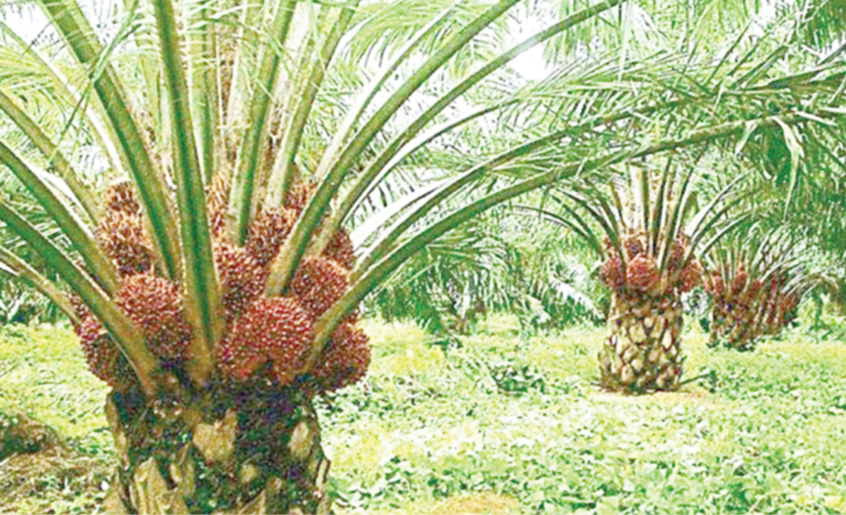West Africa not producing enough palm oil to meet its needs – ECOWAS official
ECOWAS Commission’s Director of Customs, Union and Taxation, Salifou Tiemtore, has lamented that West African countries are not producing enough palm oil to meet members’ needs. He disclosed this while speaking to journalists on the sideline of the meeting on the free movement of palm oil under the ECOWAS preferential tariff regime – ECOWAS Trade […]

Oil palm farm
ECOWAS Commission’s Director of Customs, Union and Taxation, Salifou Tiemtore, has lamented that West African countries are not producing enough palm oil to meet members’ needs.
He disclosed this while speaking to journalists on the sideline of the meeting on the free movement of palm oil under the ECOWAS preferential tariff regime – ECOWAS Trade Liberalization Scheme (ETLS), in Abuja on Tuesday.
Tiemtore said: “Let me tell you the truth, till now, with the statistics we have, we still need to import palm oil. What we are producing is not enough for our own consumption.
“If you take a country like Nigeria, it has the capacity to double its production in terms of palm oil but we need to put in place some incentives so that through ECOWAS ETLS Nigeria can cover the Nigerian market and also go beyond the Nigerian market.”
- Nigeria urges ECOWAS to unite against terrorism financing
- Commonwealth Day: Minister seeks transformative action in education
He said the region has the potential to meet the needs of member states if support were given to entrepreneurs to expand production and take advantage of the ECOWAS ETLS.
Mrs Massandje Toure-Litse, ECOWAS Commission’s Commissioner for Economic Affairs and Agriculture, said one of the challenges in palm oil trading in the region was taxation, adding that ECOWAS ETLS had eradicated tariffs in business transactions within the region.
She said: “Some products will go to some countries and the countries will ask them to pay tariffs when we know that under ECOWAS law, goods produced in our region should be free of tax.
“We have invited all the countries to come and have a discussion to solve the issues in the commercialisation of palm oil in the region. The countries invited are Ivory Coast, Togo, Benin, Nigeria, Ghana and Liberia.”
In his address of welcome, the Head of the ECOWAS National Unit at the Ministry of Foreign Affairs, Ambassador Yakubu Dadu, said despite the remarkable success of the ETLS, “we find ourselves facing challenges within the pivotal palm oil sector.
“The cross-border movement of palm oil has encountered origin-related disagreements among Member States, posing a threat to the sector’s stability and growth potential.
“It is in recognition of these challenges that we have gathered here today, united by a shared commitment to have frank discussions that would strengthen and protect the palm oil sector, ensuring its resilience against external competition.”
The meeting is a platform for conversation with palm oil-producing countries and industry stakeholders to establish measurable metric thresholds based on the production capacity of palm oil, taking into account the economic conditions of ECOWAS Member States.
“We will delve into discussions on palm oil production capacity in the region, analyze import and export data, identify and understand the challenges faced by the sector under the ETLS, and collectively propose lasting solutions to address these challenges,” he said.
